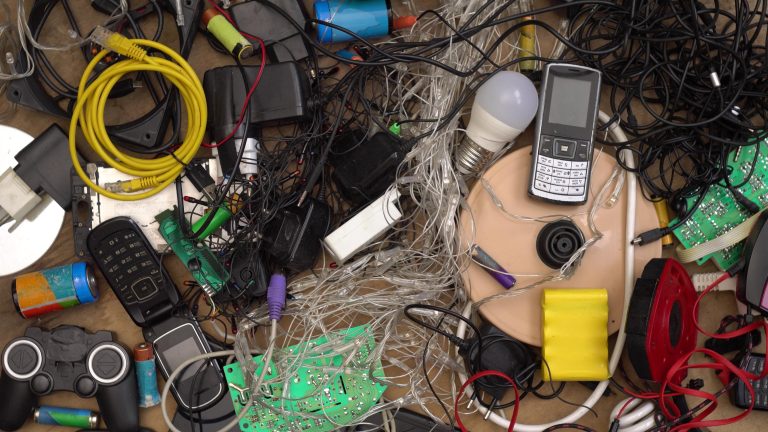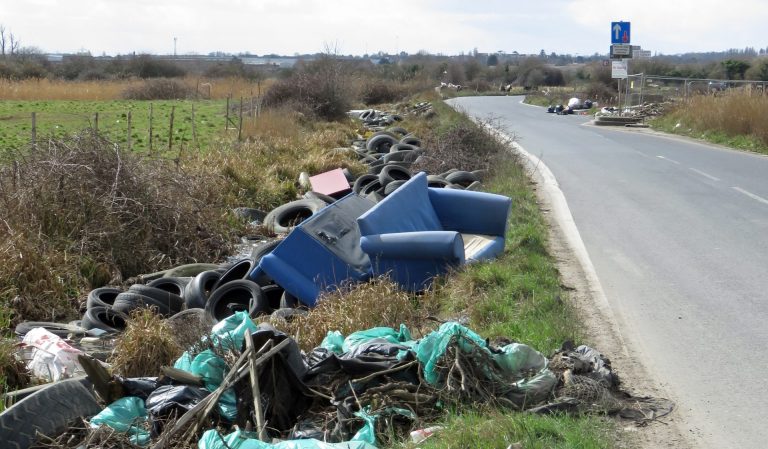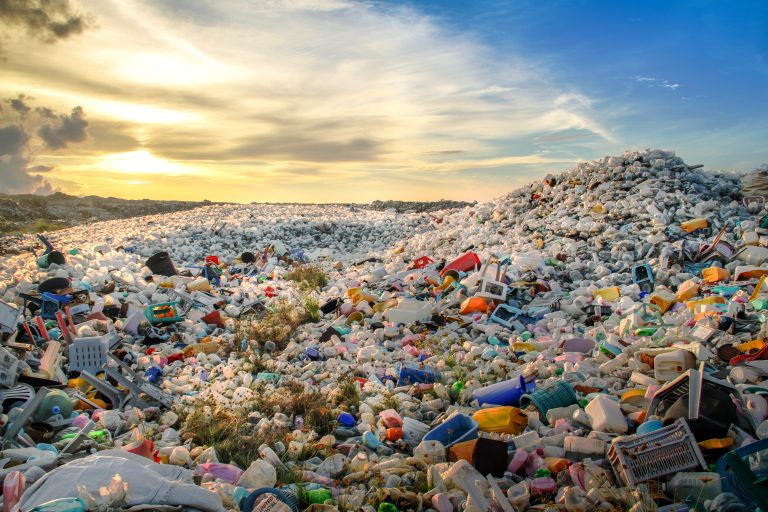Recycling is a cornerstone of the UK’s efforts to create a more sustainable, circular economy, but despite widespread support for recycling the country’s infrastructure still faces significant challenges. From inconsistent collection systems to insufficient processing facilities, the UK’s recycling infrastructure is struggling to keep up with growing waste streams and rising public expectations.
In this blog, we’ll explore some of the key challenges the UK’s recycling infrastructure faces and what needs to change to build a more efficient and effective system.
Inconsistent Recycling Systems Across Local Authorities
One of the biggest challenges in the UK’s recycling infrastructure is the lack of consistency in recycling systems across different regions. Local councils are responsible for waste collection, which means that recycling rules can vary significantly from one area to another. Some councils accept certain materials for recycling, while others do not, leading to confusion for businesses and households alike.
This inconsistency makes it difficult to educate the public on best recycling practices and it contributes to contamination in recycling streams. When people are unsure about what can and cannot be recycled, they often make mistakes by placing non-recyclable items in recycling bins, which can lead to entire loads being rejected.
A more unified, standardised approach across the country is needed to reduce confusion and ensure higher quality recycling.
Recycling Contamination
Contamination is a significant issue in the UK’s recycling system. When non-recyclable materials (in DMR), such as food waste, plastic bags, or contaminated packaging, are placed in recycling bins, they can spoil entire batches of recyclable materials. This contamination can lead to otherwise recyclable waste being sent to landfill or incineration.
Contamination is often the result of unclear guidance or complex sorting processes. Many people are unsure about what is considered recyclable and may place items in the wrong bin.
To address this, better education and clearer labelling on packaging and bins is crucial. Additionally, advances in technology could help improve sorting processes at recycling facilities, reducing the amount of material lost to contamination.
Insufficient Processing Capacity
Another challenge facing the UK’s recycling infrastructure is the lack of sufficient recycling processing facilities. While collection rates have improved over the years, the infrastructure needed to process and recycle materials has not kept pace with the increase in recyclable waste.
For certain types of waste, particularly plastics and electronic waste (WEEE), the UK lacks the necessary facilities to handle processing domestically. As a result, a significant amount of the UK’s recyclable waste has historically been exported to other countries, particularly in Asia. However, in recent years, countries like China and Malaysia have tightened restrictions on the import of foreign waste, putting additional pressure on the UK’s recycling infrastructure.
Building more domestic recycling facilities is critical to addressing this bottleneck and reducing reliance on waste exports. Increased investment in recycling technology and processing capacity would allow more materials to be recycled within the UK, creating jobs and reducing the environmental impact of shipping waste overseas.
Plastic Waste and the Lack of Recycling Markets
Plastic waste is a major challenge for the UK’s recycling system. While certain plastics are widely recyclable, many types of plastic, such as flexible films, black plastic, and certain multi-layer packaging, cannot be processed easily by current recycling facilities. This leads to a significant portion of plastic waste either ending up in landfill or being incinerated.
Additionally, the market for recycled plastic materials is still underdeveloped. Many businesses and manufacturers prefer using virgin plastic because it is often cheaper and more consistent in quality than recycled plastic. Without stronger demand for recycled materials, it is difficult to create a circular economy where plastics are reused and repurposed rather than discarded.
Government policies and incentives, such as plastic packaging taxes or requirements for a minimum percentage of recycled content in packaging, could help stimulate demand for recycled plastics and drive investment in the infrastructure needed to process them.
Lack of Public Awareness and Engagement
While the UK has made progress in raising awareness about recycling, there is still a long way to go in terms of public engagement and education. Many people remain confused about which materials are recyclable, how to properly sort waste and why recycling is so important.
Without clear, consistent education, people are less likely to engage in recycling efforts effectively. Misunderstandings about what happens to recycling after it is collected, combined with a lack of trust in the system, can lead to apathy or incorrect disposal habits.
Improving public education about recycling, both in terms of what can be recycled and the environmental impact of proper waste management, will help increase participation and reduce contamination in the recycling stream.
Electronic Waste (WEEE) Recycling Gaps
The UK is producing more electronic waste than ever before, with items like smartphones, laptops and other electronic devices being discarded at an increasing rate. However, the infrastructure to handle this type of waste is limited.
Many businesses and households are unaware of how to dispose of electronics properly and often, electronic waste ends up in general waste bins. Given the hazardous materials that can be found in electronics, such as lithium-ion batteries, this poses significant environmental and safety risks, including fires in waste processing plants or vehicles.
The lack of WEEE recycling facilities and clear collection points exacerbates the issue. More dedicated collection services for electronic waste and an expansion of WEEE recycling infrastructure are needed to manage the growing volume of e-waste in the UK.
Investment in New Technologies
The recycling industry, like many other sectors, can benefit from technological advancements. Innovations in waste sorting technologies, such as advanced robotics and AI, can help improve the efficiency of recycling plants by better identifying and sorting recyclable materials.
Furthermore, new chemical recycling technologies are being developed to break down difficult-to-recycle plastics and create higher-quality recycled materials. However, investment in these technologies is still relatively low and widespread adoption has not yet occurred.
Government support, in the form of research funding and incentives for companies to invest in recycling technologies, could help accelerate the adoption of these innovations and improve the UK’s recycling capacity.
The Way Forward for UK Recycling Infrastructure
The UK’s recycling infrastructure faces numerous challenges, from inconsistent local systems and contamination issues to insufficient processing capacity and a lack of investment in new technologies. Addressing these challenges will require collaboration between the government, businesses and the public.
By standardising recycling practices, investing in domestic processing facilities, encouraging demand for recycled materials and educating the public, the UK can build a more robust, efficient recycling infrastructure that reduces waste, conserves resources and moves the country closer to a truly circular economy.
Change won’t happen overnight, but by tackling these challenges head-on, the UK can improve its recycling system and create a greener, more sustainable future for everyone.














